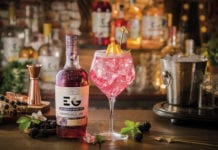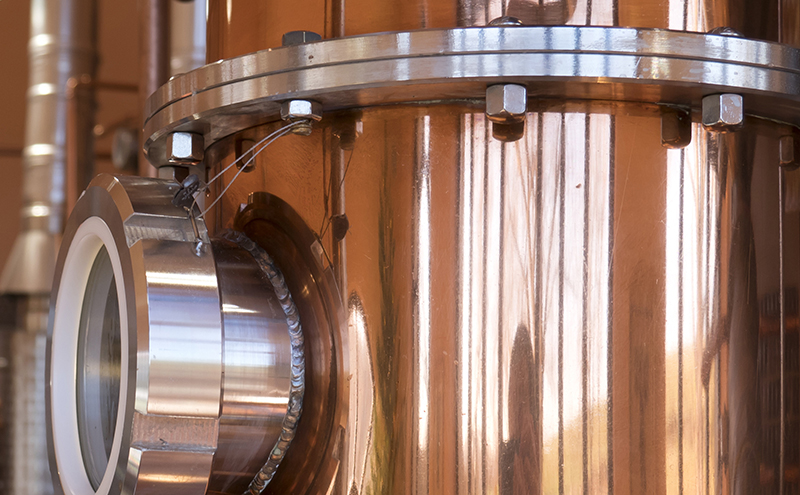Gin boom has contributed to a surge in UK spirits sales
SALES of spirits have overtaken beer in the UK for the first time ever, figures from HMRC have revealed.
And gin has been the driving force behind spirits’ success, according to the Wine and Spirit Trade Association (WSTA).

In the WSTA’s most recent Market Report, gin has continued to prove popular with customers, enjoying the fastest growth rate of any spirit – with sales surging by 12%.
The HMRC figures state that the Treasury earned an extra £225 million in revenue from spirits drinkers (representing a 7% rise over 2015/16), which was aided by a freeze in spirits duty in the 2016 Budget; this took the total spirits duty to over £3.38 billion.
Beer duty was also frozen, and brought in a total of £3.32bn for the Treasury (a rise of 1% from 2015/16), while wine remains at the top of the table, bringing in over £4bn in revenue (a 5% rise over 2015/16).
Commenting on the significant rise in sales of spirits across the UK, Miles Beale, chief executive of the WSTA, said that it demonstrated the benefits gained from freezing and/or lowering alcohol duty.
“The WSTA dubbed 2016 the year of gin and the gin boom has had a large part to play in the windfall now being enjoyed by the Treasury,” he said.
“The 7% increase on revenue takings came as a result of the chancellor freezing spirit duty in 2016 and allowing the industry to grow and invest.”
However, while the WSTA welcomed the sales growth in spirits, it raised concerns that this could falter in future as spirit makers were handed a 3.9% rise in alcohol duty in the March Budget, which has added another 30p to a bottle.
“It proves the point that cutting or freezing spirits duty brings rewards, which is why the inflation-busting rise in duty this year was such a disappointment and threatens the industry’s ability to invest, grow and export,” said Beale.
At present, the UK has the fourth highest spirits duty in the EU, with 77% of a bottle of spirits accounted for by tax. According to the WSTA, the UK currently pays more in alcohol duty than Germany, France, Poland, Italy and Spain combined.























